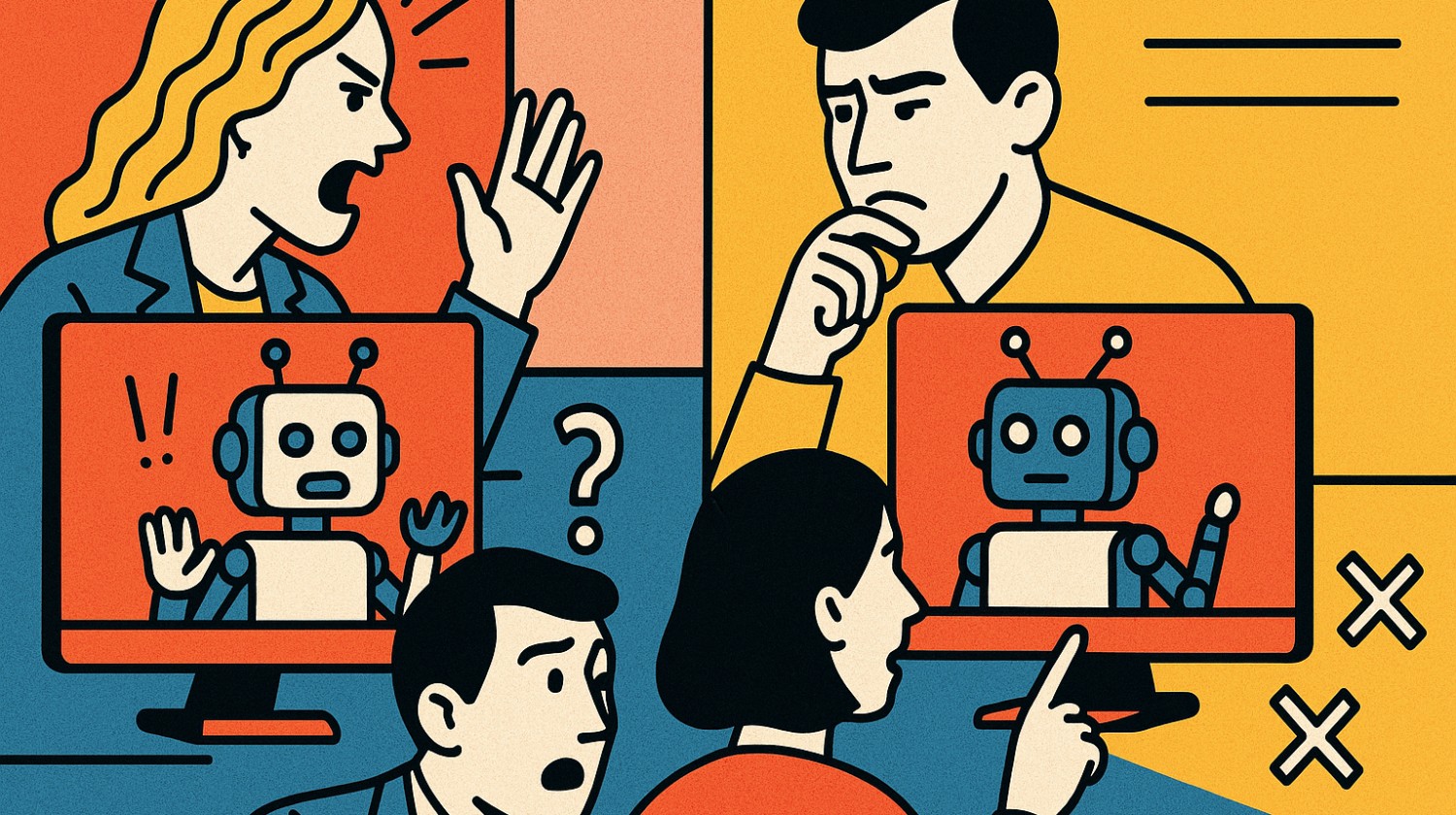TechTalk Daily

April 29, 2025 by Daniel W. Rasmus

As organizations embrace the democratization of AI, they often overlook the messy realities lurking just beyond the pilot projects and training sessions. Giving end users the tools to build and deploy their own AI agents sounds empowering—and in many ways it is—but without careful design, clear governance, and shared intent, it also invites a wave of unintended consequences. Before celebrating the creativity unleashed by user-developed agents, it’s worth stepping back and asking: how might this new autonomy create conflict, confusion, and risk inside the enterprise? Here’s a closer look at how agents can go wrong.
1. Conflicting Objectives and Outcomes
Different users will inevitably program agents to optimize for personal or departmental goals rather than organizational strategy. One agent prioritizes speed over quality, another enforces rigid compliance at the expense of agility—both work at cross-purposes without anyone immediately realizing it.
2. Data Fragmentation and Silos
Agents may be trained or tuned on isolated datasets. Instead of a unified knowledge base, you’ll end up with pockets of “agent intelligence” that reinforce tribalism, mistrust, and divergent versions of “truth.”
3. Uncoordinated Decision-Making
Agents making independent decisions without a common governance model will start issuing contradictory recommendations, approvals, or even executing tasks that interfere with one another. People will quickly lose faith in automated outputs.
Discover the remaining 4 Ways Agents Can Go Wrong—click to continue at SeriousInsights.net!
About the Author:
Daniel W. Rasmus, the author of Listening to the Future, is a strategist and industry analyst who has helped clients put their future in context. Rasmus uses scenarios to analyze trends in society, technology, economics, the environment, and politics in order to discover implications used to develop and refine products, services, and experiences. He leverages this work and methodology for content development, workshops, and for professional development.